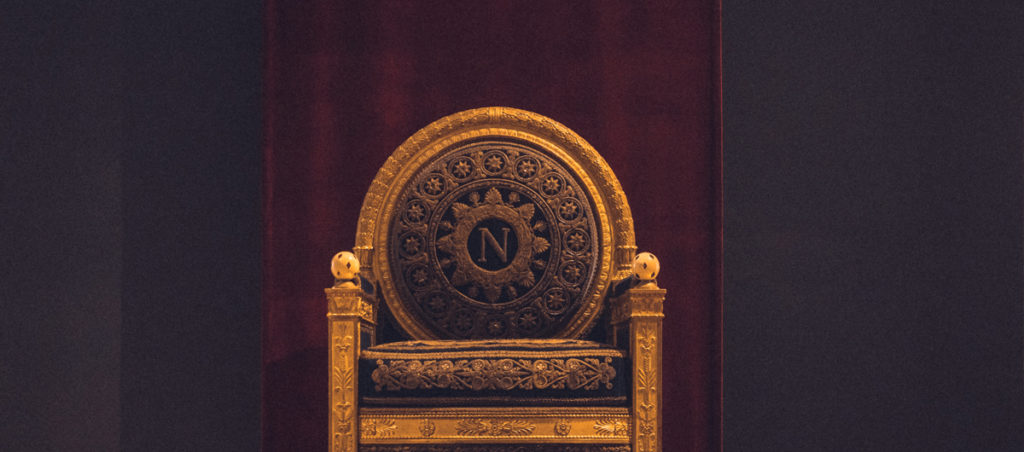
Someone yesterday asked me about the meaning of Saturn and what Saturn represents.
Saturn is the Law of the Father. In any society you have certain institutions and practices which approximate to justice. They were created and codified over time by people’s experiences. But at some point these practices lose their experiential dimension and become habits. Instead of appearing as choices, they take on the appearance of facts. In the language of Hungarian Marxist Georg Lukacz, they become reified.
This is a necessary process. Due to the sheer complexity of experience, we have to simplify. We have to filter out information. If we were to treat every disagreement between any two parties each on its own terms, administering justice would become impractical. The perfect would become the enemy of the good. So instead we apply precedents.
Hierarchical systems are established to aim at some good. Instead of everyone aiming at a different good, we bring together the resources of many people to aim at a common good. In a liberal society (as opposed to a monarchy or dictatorship), the common good is abstract: freedom, the pursuit of happiness, etc. Private individuals are left to pursue concrete goods—e.g., the production of a particular experience or product—so long as that good does not contravene the more abstract goods defined by society at large (e.g., enslavement, child labor, etc.).
Hierarchies are functional to the extent that they reward the competent pursuit of the good that the hierarchy aims at and punish incompetence, greed, corruption. etc. So if you go above and beyond what is expected of you, if you personally sacrifice more in the pursuit of the collective good (whatever that may be), you should be rewarded with a promotion, a bonus, etc. Those that do not will remain in their position, will be fired, or will be otherwise punished.
That’s what I mean when I say the law of the father. The law of the father is not necessarily a law handed down by an older male figure. Rather it’s a universal structure of mind which is satisfied when, in the context of a hierarchy, a good deed is rewarded and a bad deed is punished.
The problem with hierarchies is that they become corrupted over time. So instead of being rewarded for good work, a person may be rewarded solely because they are the family member or friend of someone in charge. Likewise a person who comes up with a new, more efficient way of doing things is seen as a troublemaker or threat to those in charge and is punished instead of rewarded
Mythically this corruption is represented by an old man who is blind and who is easily swindled. Osiris is tricked by Set. Isaac is tricked by Jacob. King Hamlet is deceived by his brother Claudius. This is a concrete representation in an individual of what happens in a family, company, or nation over time. It becomes blind to the corruption growing within it. It becomes oblivious to the fact that it is no longer aiming at the good which was its original reason for existing. It exists just for the sake of existing, just for the sake of power. Instead of utilizing concrete practices for the purpose of reducing information and making more efficient decisions, it loses the principle of consciousness all together. This is represented by the loss of sight, the eye being identified with consciousness. The hierarchy no longer embodies freedom but instead becomes a blind mechanism.
And since the Father over time represents this loss, the principle of the Father is often tinged with melancholy.
This is why all institutions over time need to be revivified by consciousness. The Son must breathe life back into the Father or challenge the usurper of the Father’s crown. Antigone must challenge Creon. Socrates must challenge Athens. Jesus must challenge Rome. Hamlet must challenge Claudius. Martin Luther King Jr must challenge Jim Crow.